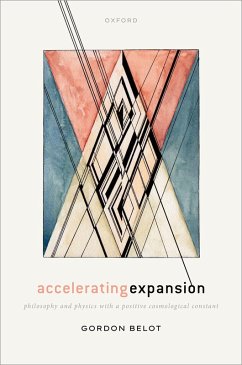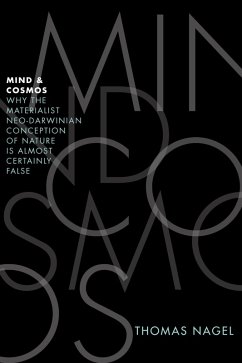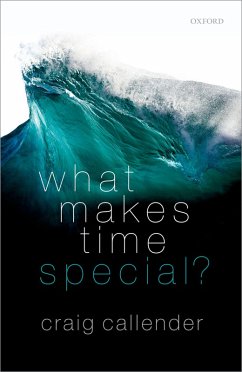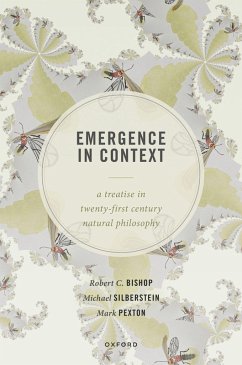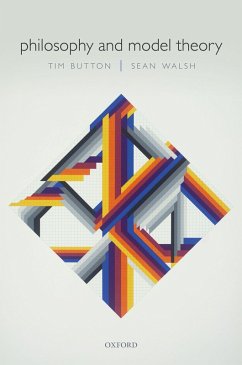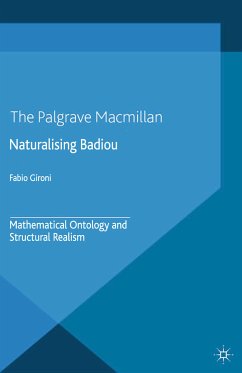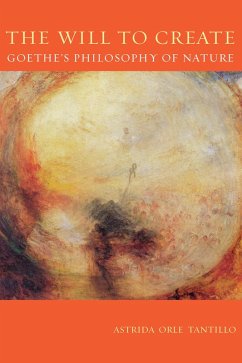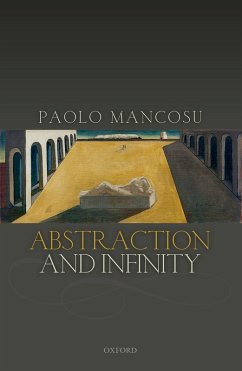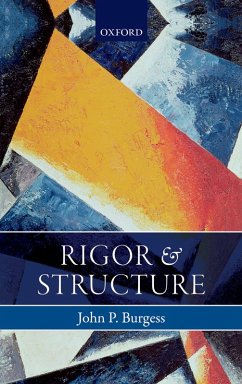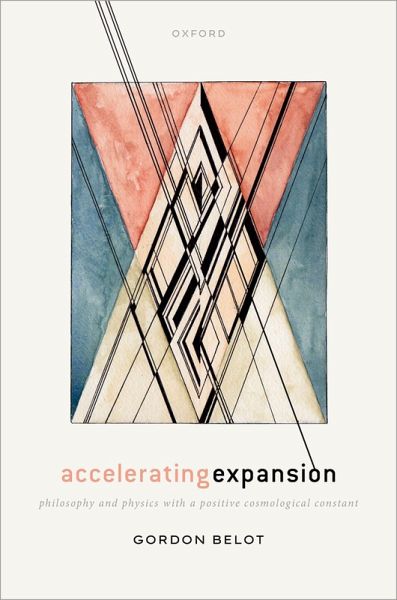
Accelerating Expansion (eBook, PDF)
Philosophy and Physics with a Positive Cosmological Constant
Versandkostenfrei!
Sofort per Download lieferbar
41,95 €
inkl. MwSt.
Weitere Ausgaben:

PAYBACK Punkte
21 °P sammeln!
Accelerating Expansion explores some of the philosophical implications of modern cosmology, focused on the significance that the discovery of the accelerating expansion of the Universe has for our understanding of time, geometry, and physics. The appearance of the cosmological constant in the equations of general relativity allows one to model universes in which space has an inherent tendency towards expansion. This constant, introduced by Einstein but subsequently abandoned by him, returned to centre stage with the discovery of the accelerating expansion. This pedagogically-oriented essay beg...
Accelerating Expansion explores some of the philosophical implications of modern cosmology, focused on the significance that the discovery of the accelerating expansion of the Universe has for our understanding of time, geometry, and physics. The appearance of the cosmological constant in the equations of general relativity allows one to model universes in which space has an inherent tendency towards expansion. This constant, introduced by Einstein but subsequently abandoned by him, returned to centre stage with the discovery of the accelerating expansion. This pedagogically-oriented essay begins with a study of the most basic and elegant relativistic world that involves a positive cosmological constant, de Sitter spacetime. It then turns to the relatives of de Sitter spacetime that dominate modern relativistic cosmology. Some of the topics considered include: the nature of time and simultaneity in de Sitter worlds; the sense in which de Sitter spacetime is a powerful dynamical attractor; the limited extent to which observation can give us information about the topology of space in a world undergoing accelerated expansion; and cosmologists' favourite sceptical worry about the reliability of evidence and the possibility of knowledge, the problem of Boltzmann brains.
Dieser Download kann aus rechtlichen Gründen nur mit Rechnungsadresse in A, B, BG, CY, CZ, D, DK, EW, E, FIN, F, GR, HR, H, IRL, I, LT, L, LR, M, NL, PL, P, R, S, SLO, SK ausgeliefert werden.




